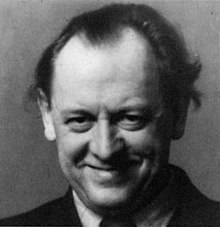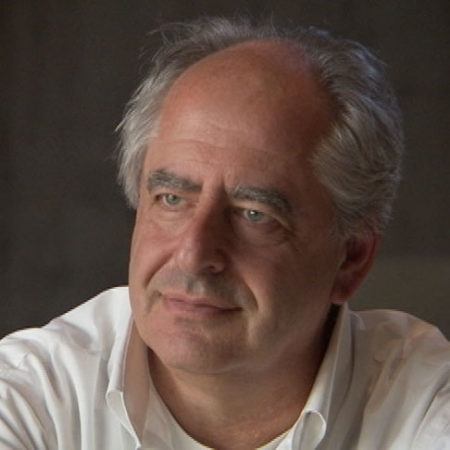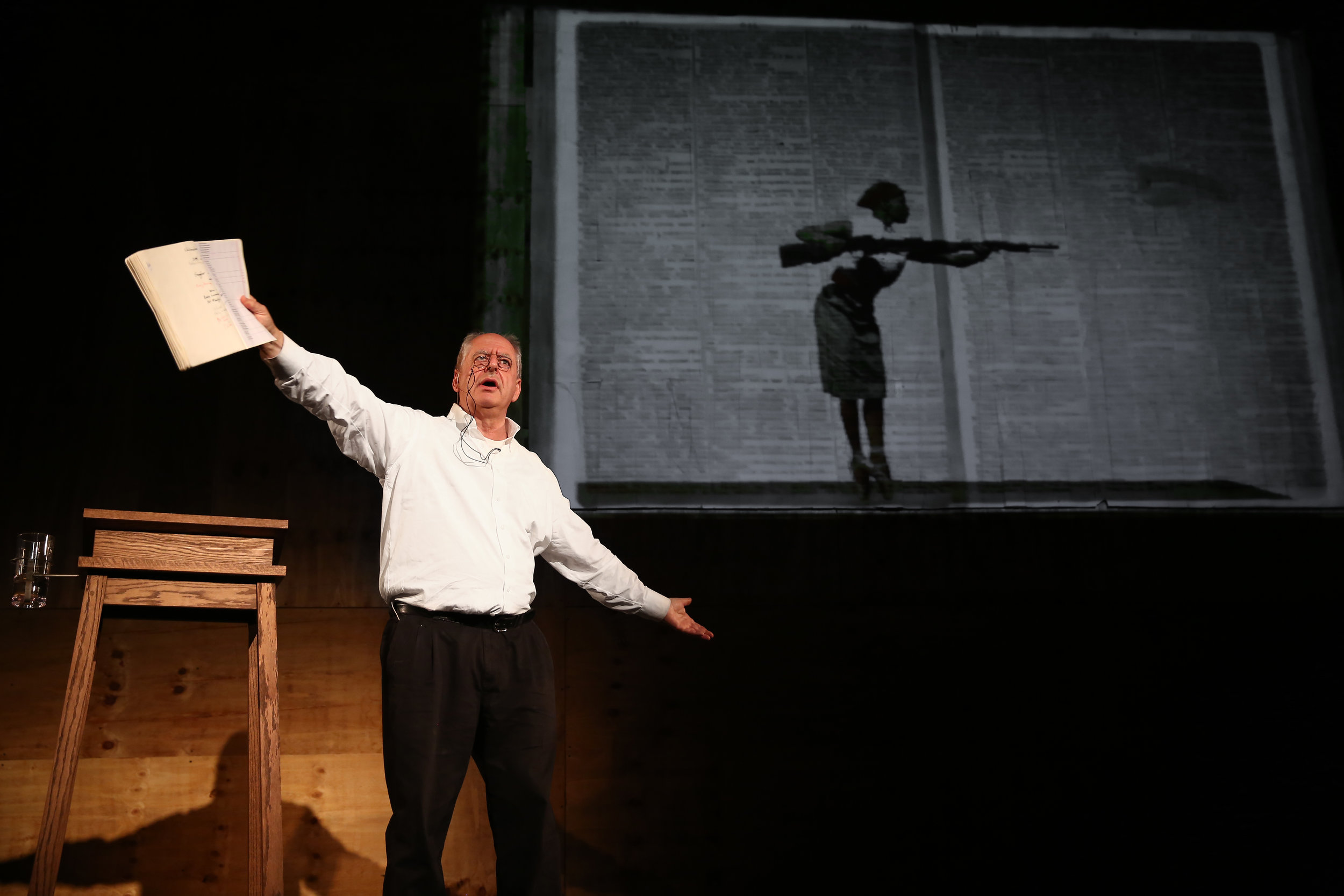William Kentridge, in a burst of his usual high energy, premiered his Performa 2017 commission Ursonate at the newly refurbished Harlem Parish, a perfect setting for his updating or re-imagining of Kurt Schwitters’ Dada piece first performed by him in Potsdam in the home of a patron in 1925.
These images of Schwitters and Kentridge show a certain separated-at-birth of devlish and madcap, two essential qualities for Ursonate.
Schwitters was apparently at odds with his own Berlin Dada group and this sound poetry piece was itself a rebellion from the rebellion. The Dada movement--founded to protest conventional ‘capitalist’, ‘bourgeois’ art--was home to many splinter groups. Once you have anarchy and nonsense as structural themes, all bets are off.
Alternately impressing me as Latin, Pig Latin, Africaans and an entirely made up nonsense language (Schwitters was German,after all) , Kentridge re-mixed the piece as a point of departure for his video work which typically combines his drawings (in this case, himself climbing endlessly over a chair, colored geometric shapes, newsprint, notebooks, a ballerina brandishing a rifle, portraits, birds in flight et al) and which come to impart a sketchy narrative of South African apartheid.
Though Ursonate has previously been sampled by other artists, the thrill—and the challenge-- of a Kentridge piece, is his refusal to tolerate artistic boundaries. We must keep up with his synaptic segues which we would ideally have more time to process.You can hear an original recording of Schwitters' Ursonate piece here.
Repetition of words and sounds bring attention to how language can be both a link and a barrier to communication. The art of listening closely to others is something in increasingly short supply
In my 2010 interview with him at the time of his US museum retrospective, Kentridge was working on The Nose, an opera commission from the Met. Kentridge has worked extensively in opera (also The Magic Flute) and video, and his performance, ably joined in the end by a (Venice Beach-hooray!) singer Ariadne Greif, and musicians, is technically as demanding as an opera, the vocal rolling ‘r’s of the sound poem especially pungent in the vast vaultings of the former church. But by the finale, with Kentridge and Greif punctuating by leaning into each other, the piece felt ultra contemporary.
Rakka Ta Bee Bee is what the opening bars sound like—a hip hop like no other.
(A friend told me he had tried to get one of the Performa 17 Barbara Kruger metro cards to no avail. I think they are still being randomly distributed at certain stations. What a souvenir that would be!)



